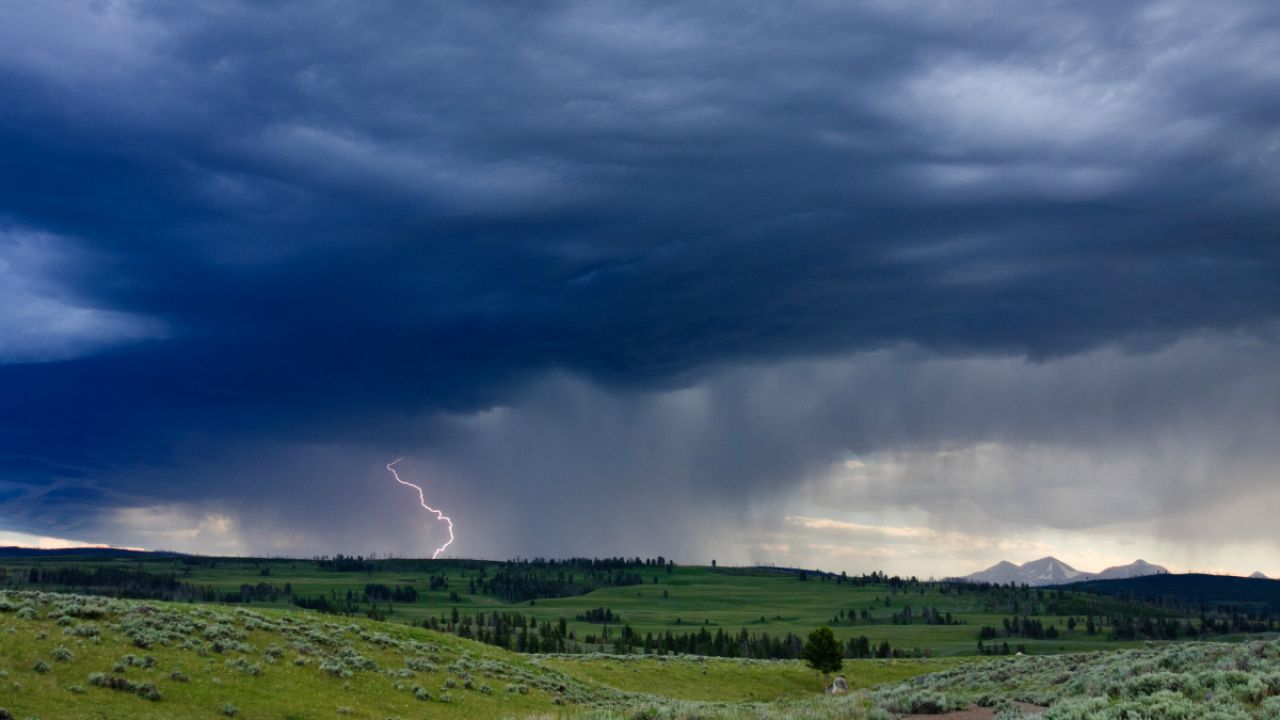
Corn ethanol, once thought of as a way for the U.S. to cut carbon pollution, is conspicuously absent from the emissions reduction plan the White House submitted ahead of the global climate conference in Paris. The plan would reduce U.S. carbon emissions by 28 percent from 2005 levels, but it didn’t even mention corn ethanol, or the federal mandate known as the Renewable Fuel Standard.
The corn ethanol industry is fuming over the snub. The Renewable Fuels Association, a trade group representing ethanol producers, asked: “Is this purposeful omission indicative of a larger shift in biofuels policy support in the U.S.?”
Let's hope so, because corn ethanol is a dirty climate disaster.
Numerous studies, including the Environmental Protection Agency's own analysis, show that corn ethanol is worse for the climate than gasoline.
The mandate to blend ethanol into gasoline has driven farmers to plow up land to plant corn – 40 percent of the corn now grown in the U.S. is used to make ethanol. When farmers plow up grasslands and wetlands to grow corn, they release the carbon stored in the soil, contributing to climate-warming carbon emissions.
Conversion of land to grow corn, along with land converted to grow soybeans, released 131 million tons of carbon into the air between 2008 and 2012, according to a recent study by researchers at the University of Wisconsin. That's as much carbon pollution as 34 coal-fired power plants.
The administration's turn away from corn ethanol is great news. It’s time to stop the expansion of corn ethanol to make room for cellulosic biofuels that could actually reduce carbon emissions.


